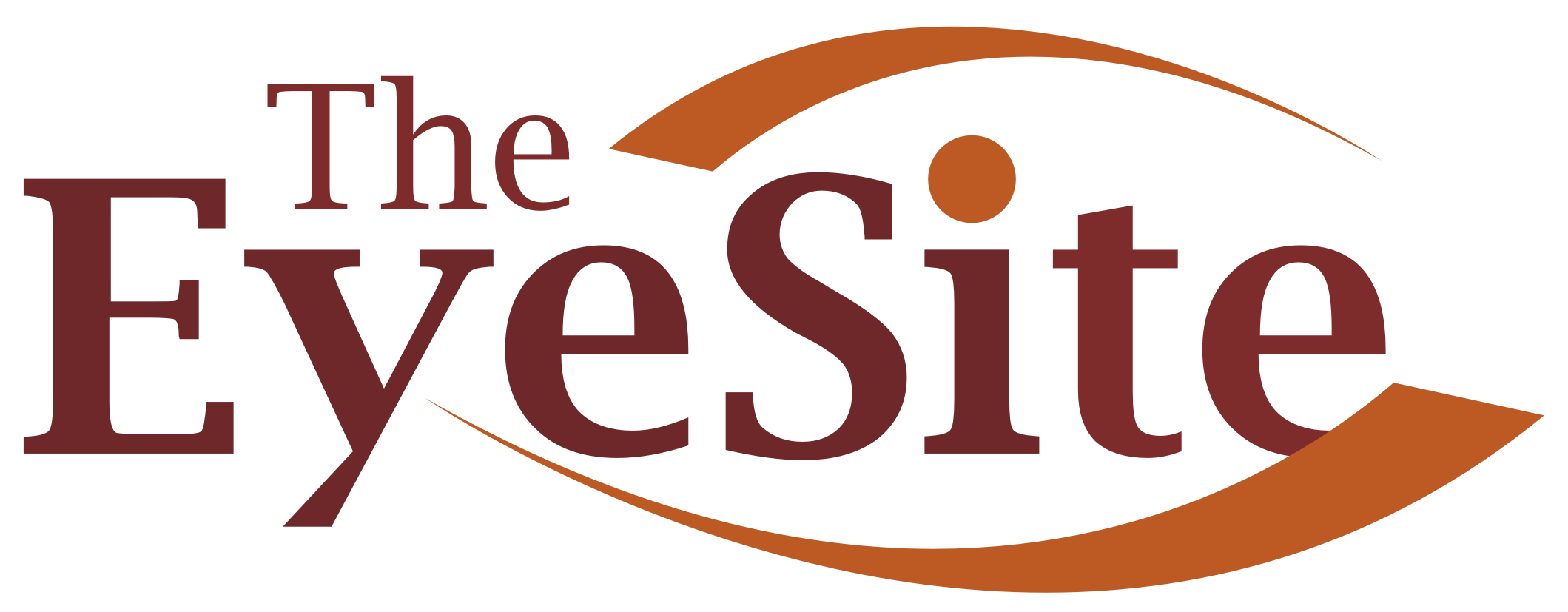How to tell if your child could have myopia
Myopia (often called “nearsightedness”) is an eye disease in which the eye elongates, causing light to be focused in front of the retina instead of on the retina’s surface.
Essentially, what is happening is that your child’s eye is growing too long, due to a combination of factors.
Here are some ways to recognize the signs and symptoms of myopia in children:
Frequent headaches: Headaches are a common symptom of vision problems. While some headaches may be related to allergies or pressure changes, others are a direct result of nearsightedness. Tracking how often your child is experiencing them is important—if it is more than once a week, myopia could be at play.
Excessive eye watering: Frequent watery eyes can be a symptom of myopia, as it can make for eye pain or discomfort.
Excessive squinting: Because myopia changes the tension of the eye muscles, people suffering from myopia often squint, as it briefly makes their vision better.
Holding objects close up: Another glaring symptom to look for is your child holding objects closer to their face to see them properly.
Frequent eye rubbing: Excessive and/frequent eye rubbing can be a sign of eye discomfort or a change in vision.
Sitting very close to the TV or other device: The most apparent sign that your child may have myopia, especially for older kids, is if they grumble about the images on the TV looking blurry, or if they tell you they have issues reading the words shown on screens.
If your child is experiencing any of the above symptoms, be sure to make an appointment with their pediatrician or Dr. Kaur to get their eyes examined. Myopia can lead to other eye diseases, so it’s really important to get any suspected issues checked out right away—early detection is key!
Also, nowadays there are cutting-edge ways to slow down and even potentially reverse myopia. Treehouse Eyes providers like Dr. Kaur develop personalized treatment plans for each child—options include customized contact lenses or special prescription eye drops. Schedule a consultation now to find out more!


